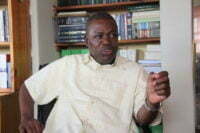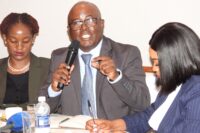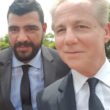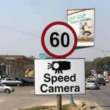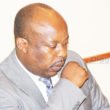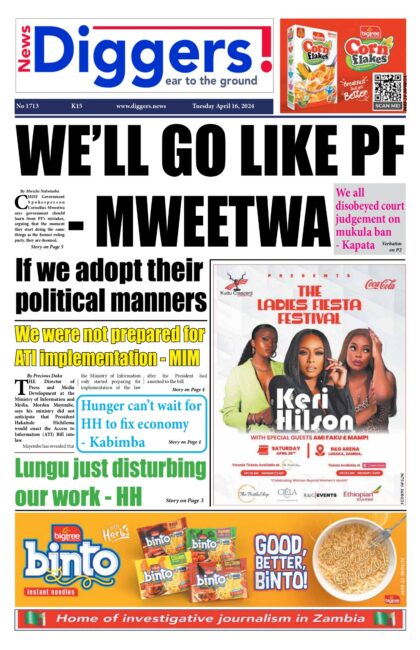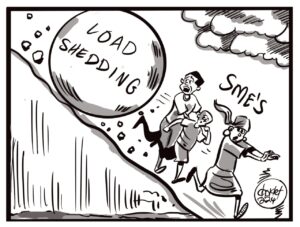Transport and Communications Minister Brian Mushimba says implementation of the Radio Frequency Identification (RFID) mechanism is a necessity for all motor vehicles in Zambia because it will assist with tracking lost vehicles.
And Mushimba says his ministry will soon embark on a vehicle re-registration exercise to ascertain the number of vehicles in the country which will help in planning road infrastructure.
Mushimba told the Hot Fm Hot Breakfast show that the RFIM system would also help in recovering lost vehicles and stop duplication of number plates by some motorists.
“The reason for the exercise is this, as country, we have a requirement for census for the people and for other strategic assets in the country for national planning and many other things. We are supposed to have a census on the vehicles every 10 years. But we have not done that since the 70s. So as we speak today, we don’t know the number of vehicles we have in this country. So government cannot plan properly the roads that we need to have and the fly over bridges they need to design because of the traffic volume that we have in the country. so that’s number one,” Mushimba said.
“Secondly, we have struggled with criminalities being committed using vehicles and what we’ve discovered is when someone commits a crime and the police get their number plate, when they go to RTSA to run it, that number is a clone number plate, it’s a duplicate and does not probably exist in the RTSA system. So what RTSA is doing is to adopt technology in reading number plates biometrically, using RFID so that only one plate will be printed per one biometric. And the issue of cloning will go away from Zambia forever. With the biometrics being done and RFID machinery usable number plates, what it means is that even the sensing of the vehicles will be done. The security of your vehicle will be done. If your vehicle is stolen, within a very short period of time, it will be tracked.”
Asked what amounts would be involved in the re-registration exercise, Mushimba said the process was still being discussed and that a decision would be communicated once it was made by Cabinet.
“The amount that they are going to use to rate, I think it is up for discussion because RTSA proposed and when RTSA proposes, it comes to my office for further digestion and when I do the digestion, I don’t make these decisions alone, I take to Cabinet because its impact people and… we don’t want to pernalise people and put burdens on people unnecessarily. That’s why I have told RTSA that you have to justify any extra charge, it has to make sense, people have to understand it and well as the benefits for them and they can see them. Then the charge that is attached to the re-registration is for the enhanced security and safety measures that are going to be put on your vehicle on that charge. So there are benefits associated with that, if your vehicle has been lost, it will be tracked quicker than before. So there are benefits to be accrued by people and then these benefits have to be explained to the people so that people can attach whatever that charge will be to the benefit they are going to get. But if that disconnection does not get very closed then I will insist on RTSA not doing this re-registration exercise until people buy into the value of what they are going to pay for the charge,” Mushimba said.
Meanwhile, Mushimba said, contrary to public perception, RTSA had no intention of making any form of profit from the speed cameras being installed countrywide.
“I think that is far from the truth. In fact, I was talking about this in Parliament the other day on these [speed] cameras that they’ve put in Lusaka on a pilot basis before we roll them out countrywide and I was telling people that the driver for that is not that RTSA wants to make money from this. RTSA is a grant-aided institution by government. Government plans for its operations and government gives it money from your taxes, not from the cameras that we are putting up there. The cameras are supposed to slow people from speeding because the biggest contributor to accidents and fatalities is over speeding in the country. Right now, since the cameras were put up, people are not over speeding. There is literally very small fine RTSA is making from this and that’s what we want. We don’t want a fine, we want people to comply so that RTSA does not make any money from anyone for over speeding but people are safe and when an accident still happens at a low speed, at least people survive and the damage to the vehicle is very minimal,” said Mushimba.





